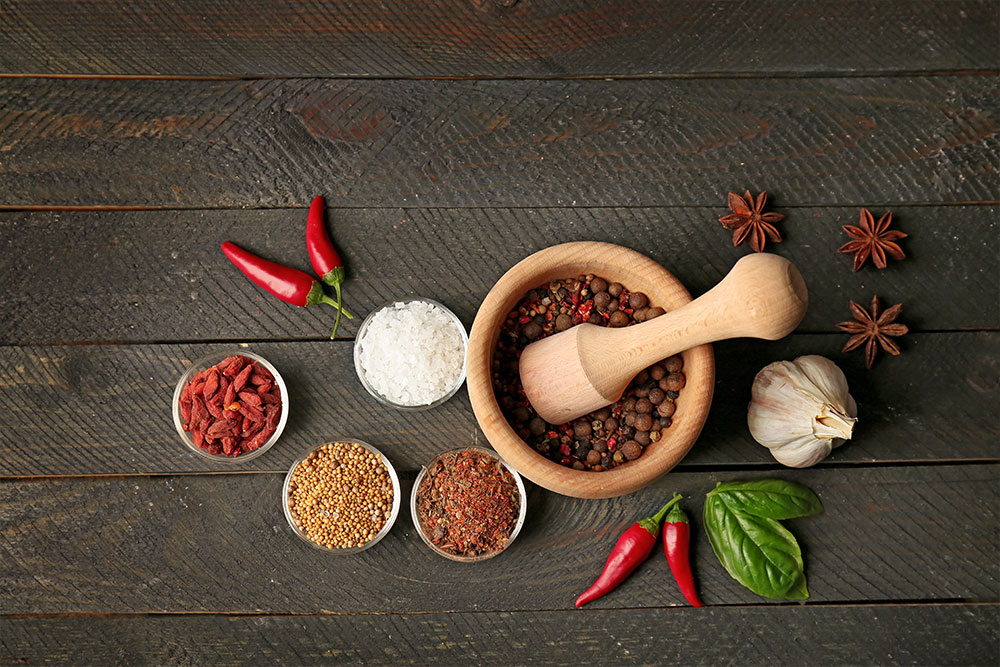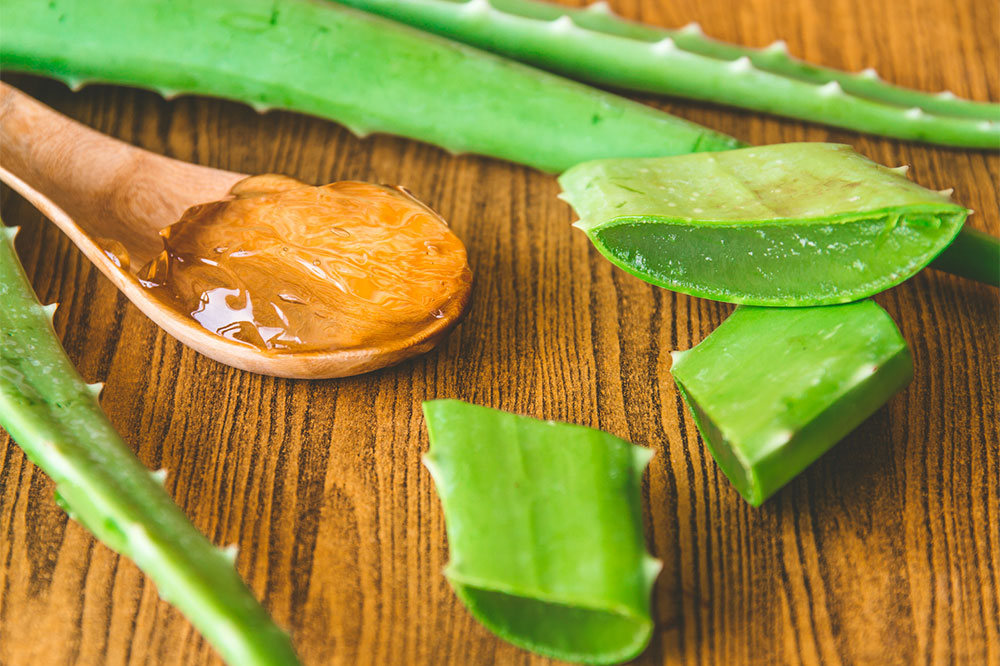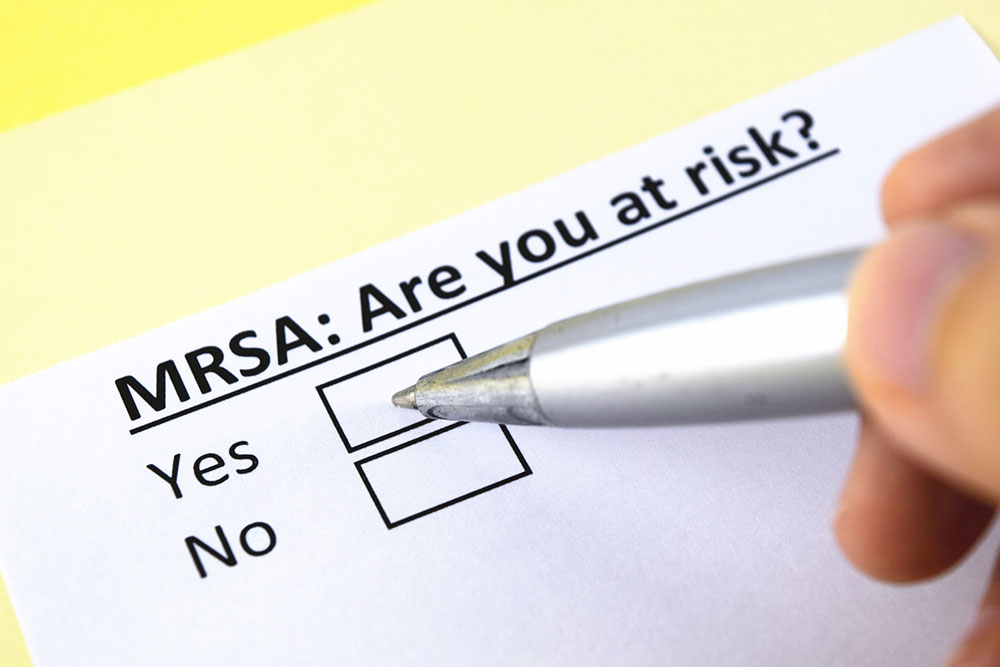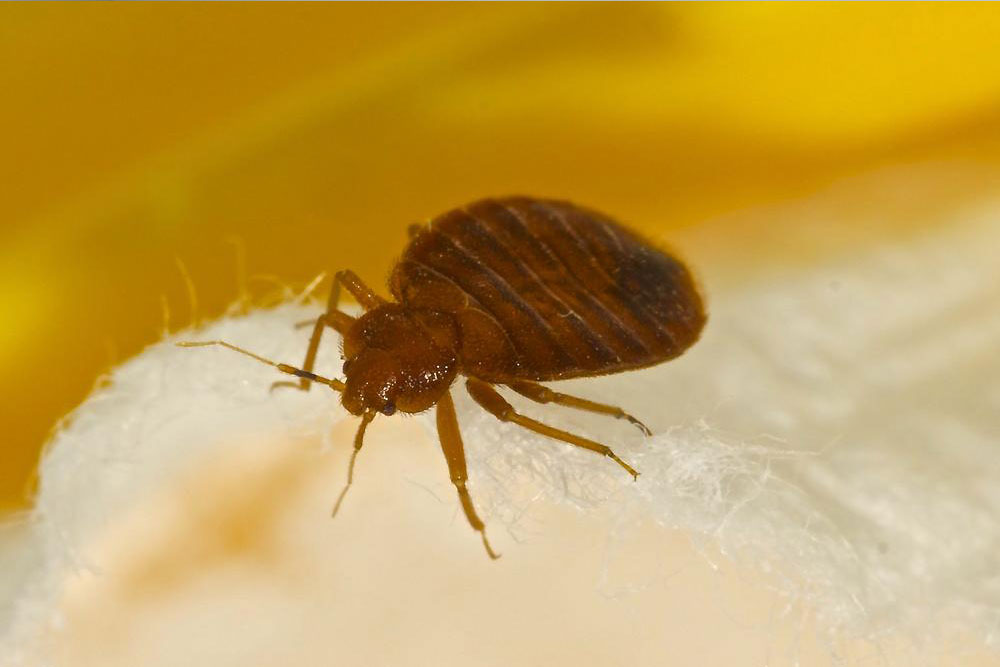Comprehensive Home Remedies for Managing MRSA Skin Infections Naturally
Discover effective natural home remedies to manage MRSA skin infections safely. Learn about warm compresses, aloe vera, turmeric, and manuka honey to support healing, reduce inflammation, and combat resistant bacteria. Complement these remedies with good hygiene and medical advice for optimal results in fighting MRSA infections naturally at home.
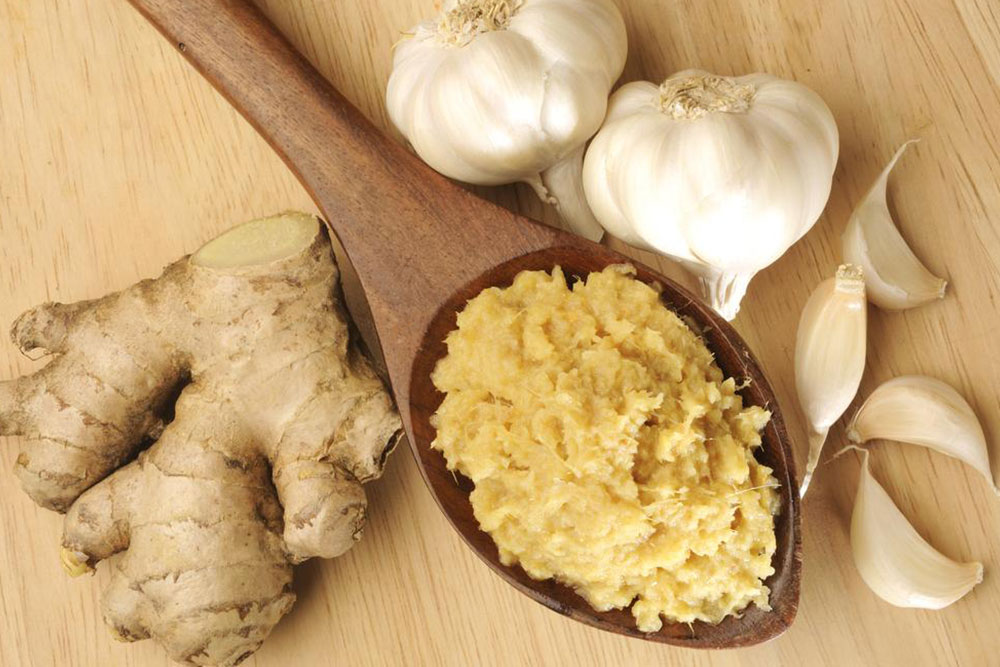
In recent years, significant progress in medical science has led to improved treatments and reduced mortality rates associated with various infectious diseases. Despite these advances, some antibiotic-resistant bacteria, such as Methicillin-resistant Staphylococcus aureus (MRSA), continue to pose serious health challenges worldwide. MRSA infections are notoriously difficult to treat because of their resistance to conventional antibiotics, which necessitates exploring alternative and supportive treatment options. Many individuals seeking safe, natural methods turn to home remedies to manage early or mild MRSA skin infections effectively. Understanding these remedies, their applications, and limitations can empower patients and caregivers to take proactive steps in controlling the infection while seeking medical intervention when necessary.
Recognizing MRSA skin infections is critical for timely intervention. These infections often appear as red, swollen bumps on the skin that may be filled with pus or other fluids. The affected areas can be tender to touch and may sometimes be accompanied by systemic signs such as fever, chills, or general malaise. The appearance of these skin lesions can sometimes resemble traditional boils or abscesses, but with persistent or worsening symptoms, immediate professional medical attention is essential. The importance of early detection cannot be overstated, as untreated MRSA can lead to severe complications, including bloodstream infections or pneumonia.
While antibiotics remain the mainstay of treatment for MRSA, the increasing resistance has led to a search for complementary and alternative remedies to enhance healing and potentially reduce bacterial load. Several natural home remedies have been traditionally used across different cultures for their anti-inflammatory, antibacterial, and soothing properties. These remedies are generally accessible, affordable, and have minimal side effects when used properly. Their efficacy varies depending on the severity of the infection, and they should not replace professional medical treatment in serious cases. However, incorporating these remedies can support the healing process and alleviate discomfort.
Below are some scientifically supported and widely used natural remedies for managing MRSA skin infections at home:
Warm Compress - Applying a warm compress to the infected area increases blood flow, which helps deliver immune cells to fight bacteria, reduces swelling, and relieves pain. To prepare a warm compress, soak a clean cloth in warm water, wring out excess moisture, and apply gently to the affected skin for 10-15 minutes, several times a day. This simple technique can accelerate healing and prevent the infection from worsening.
Aloe Vera - Aloe vera is renowned for its soothing and healing properties. Pure aloe vera gel, extracted directly from the leaf or purchased from a trusted source, can be applied generously over the infected area. Its natural anti-inflammatory and antimicrobial qualities help reduce redness, swelling, and bacterial activity. Regular application promotes skin regeneration and may shorten the duration of infection.
Turmeric - A powerful natural antibacterial agent, turmeric contains curcumin, which has demonstrated antimicrobial and anti-inflammatory effects. Creating a paste by mixing turmeric powder with a carrier oil like coconut oil allows for topical application directly on infected skin. Cover the area with a clean bandage and leave it on for a few hours before rinsing. Consistent use may help diminish bacterial load and support the body's immune response.
Manuka Honey - Recognized for its strong antimicrobial properties, manuka honey can be applied to open wounds or infected skin to inhibit bacterial growth. Its ability to absorb toxins and promote tissue regeneration makes it suitable for wound management. To use, apply a generous layer of manuka honey to the affected site, cover with a sterile bandage, and leave in place for 2-3 hours or overnight. Rinse off thoroughly afterward. Do note that pure, medical-grade manuka honey provides the best results.
In addition to these remedies, maintaining proper hygiene, avoiding contamination, and keeping the affected area clean and dry are crucial steps in preventing the spread of MRSA. Wearing loose clothing, changing linens regularly, and practicing good hand hygiene can further reduce risk. Nutritional support through immune-boosting foods like garlic, ginger, and probiotics may enhance the body’s ability to fight infection.
While natural remedies can be effective adjuncts, they should not delay or replace professional medical treatment, especially in cases involving systemic symptoms or extensive skin infection. If symptoms persist beyond a week, worsen, or if there are signs of spreading infection, seek prompt medical care. In some cases, antibiotics or other medical interventions may be necessary to fully eradicate the bacteria and prevent serious complications.
In conclusion, managing MRSA skin infections with home remedies offers a complementary approach that can support healing, reduce discomfort, and strengthen immune defenses. Combining these natural methods with proper wound care and medical supervision creates a comprehensive strategy for coping with resistant bacterial infections. Always consult healthcare professionals before starting any new treatment regimen, especially with stubborn or severe infections, to ensure safety and effectiveness.
